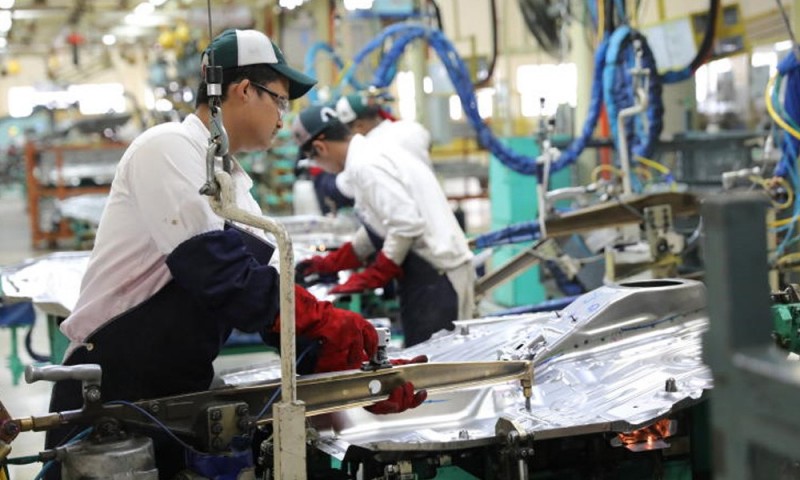
Image credit: Malaysiakini
PETALING JAYA: The transition to the coronavirus endemic phase has resulted in a strong rebound in demand for both domestic and overseas markets.
However, small and medium enterprises (SMEs) in the country have not been able to meet increasing orders as they battle various headwinds.
The sector is facing problems such as labour shortage, rising cost of raw materials, supply disruptions, difficulty in getting loans, and lately, higher borrowing costs.
William Ng, chairman of the Small and Medium Enterprises Association Malaysia (Samenta), revealed that some SMEs have opted to decline orders to avoid incurring losses for failing to deliver.
He said SMEs are facing various headwinds such as the war in Ukraine, lockdowns in China and rising global inflation. They also have to deal with a 25% rise in minimum wage, the increase in electricity tariff earlier this year, mandatory flexible working arrangements as well as reduced working hours.
“The rise in the overnight policy rate (OPR) will also dampen growth and expansion, and we foresee many SMEs holding back on their expansion plans for 2022,” Ng told FMT Business.
He said businesses, particularly SMEs, do not have cash cows that they can bank on, noting that most SMEs struggled during the pandemic and barely survived.
Terang Bulan Landscape Sdn Bhd founder Tan Peng Koon observed a pick-up in demand this year which has enabled his landscaping and construction business to cope.
“The demand has definitely increased this year but it is mostly smaller jobs,” he said.
“Jobs (contracts) in previous years were of higher value. At the moment, the biggest challenge to my business is the labour shortage. However, the turnover for this year seems to be on track to mirror the revenue of the previous year.”
As for the rising cost of materials, Tan said, he has opted to go for smaller jobs with quicker turnaround time. This would enable the company to pass the increase in cost to customers and avoid the risk of a sudden escalation in prices.
On the rising cost of borrowings, he said Terang Bulan’s gearing is rather low and the increase will remain manageable.
“However, the problem is securing loans in the first place. We have had our applications for financing rejected,” he said.
Samenta secretary-general Yeoh Seng Hooi said a RAM-CTOS survey indicated that 40% of SMEs had their loan applications rejected in the last six months, an alarming rate considering the fact that production costs and interest rates are rising and consumer confidence has dropped.
“While banks continue to report rising profits, the SMEs are finding it difficult to secure additional loans. For SMEs that are still receiving orders, they need extra working capital to finance their growth,” he said.
Yeoh pointed out that higher prices and a weak currency have elevated the need for more credit lines to purchase and import raw materials and components.
In the RAM-CTOS survey, a lack of collateral was cited as one of the key impediments to obtaining financing.
Yeoh suggested that Bank Negara Malaysia pushed financial institutions to move away from purely asset-based lending.
He said no push towards digitalisation would have the right impact if the lending criteria does not evolve with the times.
“Big data analytics can be used to assess the credit worthiness of SME clients. Cashflow lending based on contracts, purchase orders, track record of the borrower, and the payment ability of the borrower’s customers are variables that can be digitised in credit assessment.
“Such progress in bank lending via appropriate digital transformation is what we hope to see,” he said.
Source: https://www.freemalaysiatoday.com/category/highlight/2022/07/11/smes-struggle-to-tap-on-post-pandemic-rebound-in-demand/

